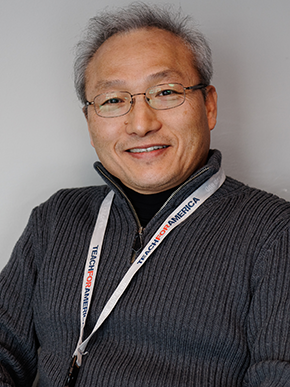Abstract—The Hybrid Coordination Function (HCF) was proposed in IEEE 802.11e, including the competition-based Enhanced Distributed Channel Access (EDCA) and polling-based HCF Controlled Channel Access (HCCA). This paper mainly carries on the research in the HCCA mechanism. In the HCCA mechanism, the Sample Scheduler offers a way to determine the time duration of the Transmission Opportunity (TXOP). The determination of TXOP is calculated by the equation according to two parameters of transmission, including the Mean Data Rate and Packet Size. Next, Sample Scheduler distributes the result of the TXOP to the QSTA. However, QSTAs are not able to completely utilize the allocated TXOP, which causes the waste of remaining TXOPs. The remaining TXOPs of each QSTA are wasted. Therefore, this paper focuses on allocating the remaining TXOP to QSTAs that can transmits more data packets and reduces the packet dropped rate. The simulation results show that the proposed scheme increases the system throughput and decreases the packet loss rate by utilizing the remaining TXOP.
Index Terms—IEEE 802.11e, QoS, HCCA, TXOP.
Wen-Shyang Hwang, Wen-Shyang Hwang, and Feng-Cheng Yu are with the National Kaohsiung University of Applied Sciences, Kaohsiung, Taiwan (e-mail: wshwang@mail.ee.kuas.edu.tw).
Cheng-Han Lin is with the Program of Information Technology, Fooyin University, Taiwan.
[PDF]
Cite:Ming-Hua Cheng, Cheng-Han Lin, Wen-Shyang Hwang, and Feng-Cheng Yu, "TXOP Combinatorial Problem in IEEE 802.11e HCCA Networks," Journal of Advances in Computer Networks vol. 3, no. 3, pp. 295-298, 2015.


